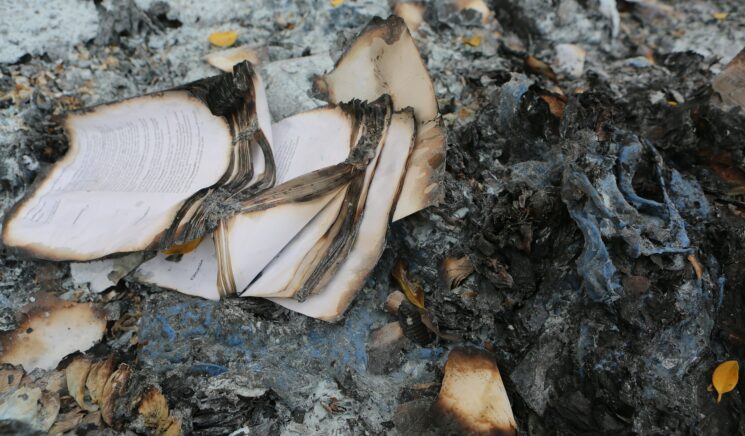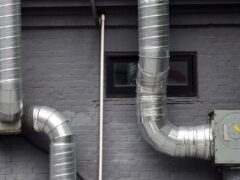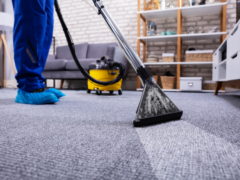Introduction
When disaster strikes, the last thing you should concern yourself with is whether to hire a professional mitigation company. The costs associated with mitigation are covered by your homeowner's insurance policy; however, hiring the right mitigation company can make all the difference once disaster strikes. There are several things homeowners should know before they select a mitigation company.
Notify your insurance company
1st and foremost, contact your agent if a disaster has struck so that he or she can file an initial claim for you. Your agent will need to obtain an adjuster's name and phone number to communicate about the mitigation process, but be sure to ask questions. Your agency probably offers discounts on other policies if you insure both home and auto through them, so it is a good idea to let the agent know if disaster strikes to avoid paying twice.
Flood Pros can help you work with your insurance company, and in many instances can speed up the claims on your behalf.
Once your insurance company has been notified, you should also contact mitigation providers in your area and identify reputable mitigation companies. Usually, mitigation companies will have a 24-48 hour response time when disaster strikes, but make sure they can reach you quickly if needed. Although mitigation is heavily regulated, it is always best to check with your state's regulatory body regarding licensing and insurance requirements before hiring any mitigation company.
Check the company's response time
Mitigation providers must respond quickly when disaster strikes so that restoration efforts begin immediately. Water damage repair must be completed within a few days of a flood or fire—or else mildew growth may cause secondary damage that is not covered by insurance. It is also important that mitigation companies have mitigation trucks—which are big enough to hold personal belongings from a home, as well as commercial equipment and furniture.
Make sure the restoration company is licensed and insured
In addition, mitigation providers should be insured for both general liability and workman's compensation in case a worker is injured on a site. Be aware of which mitigation provider you select so you can communicate clearly with your agent about what has been done at your property after disaster strikes.
Ask for references
Contact other homeowners in the area who may have had mitigation work done at their homes; ask them how long it took to complete mitigation efforts and if they were satisfied with the mitigation service provided by the mitigation company. Also, ask these homeowners if they were satisfied with the mitigation company's response time and service.
Get a detailed estimate on costs and timeline
You may also want to ask mitigation providers for an itemized list of mitigation work that will be done as well as an estimated timeframe for mitigation efforts. This way you can compare the mitigation companies more easily—as some may be able to cut corners to provide mitigation services at a lower cost. It is hard to know what type of restoration your home will need after disaster strikes; however, mitigation usually covers damage from water and smoke and must include dehumidification followed by structural drying. If you require mold remediation after disaster strikes, be sure to communicate with your insurance company about this process before mitigation work begins.
Ask if they can guide you through the insurance claim process
In addition to mitigation efforts, mitigation providers should also have a high degree of expertise with the insurance claim process as well. Your agent will be able to answer questions about how to deal with your insurer and facilitate getting an adjuster out to your home as quickly as possible. Make sure mitigation providers know which items are covered under your policy so that damaged property can be removed from your home efficiently without any misunderstandings between mitigation contractors and the insurance company.
Watch out for scammers
Finally, choose mitigation service providers that carry licensing and insurance—and most importantly they must care about their reputation in the business community. When disaster strikes at your home it is important to work with mitigation companies that will make your restoration process easier and less stressful. Their experience in mitigation services, responsiveness to your needs, expertise with the insurance claim process, and reputation within the community should all factor into their mitigation price. Negotiating mitigation costs may be a good idea based on these considerations—and this is a decision you might want to make before disaster strikes at your home.





